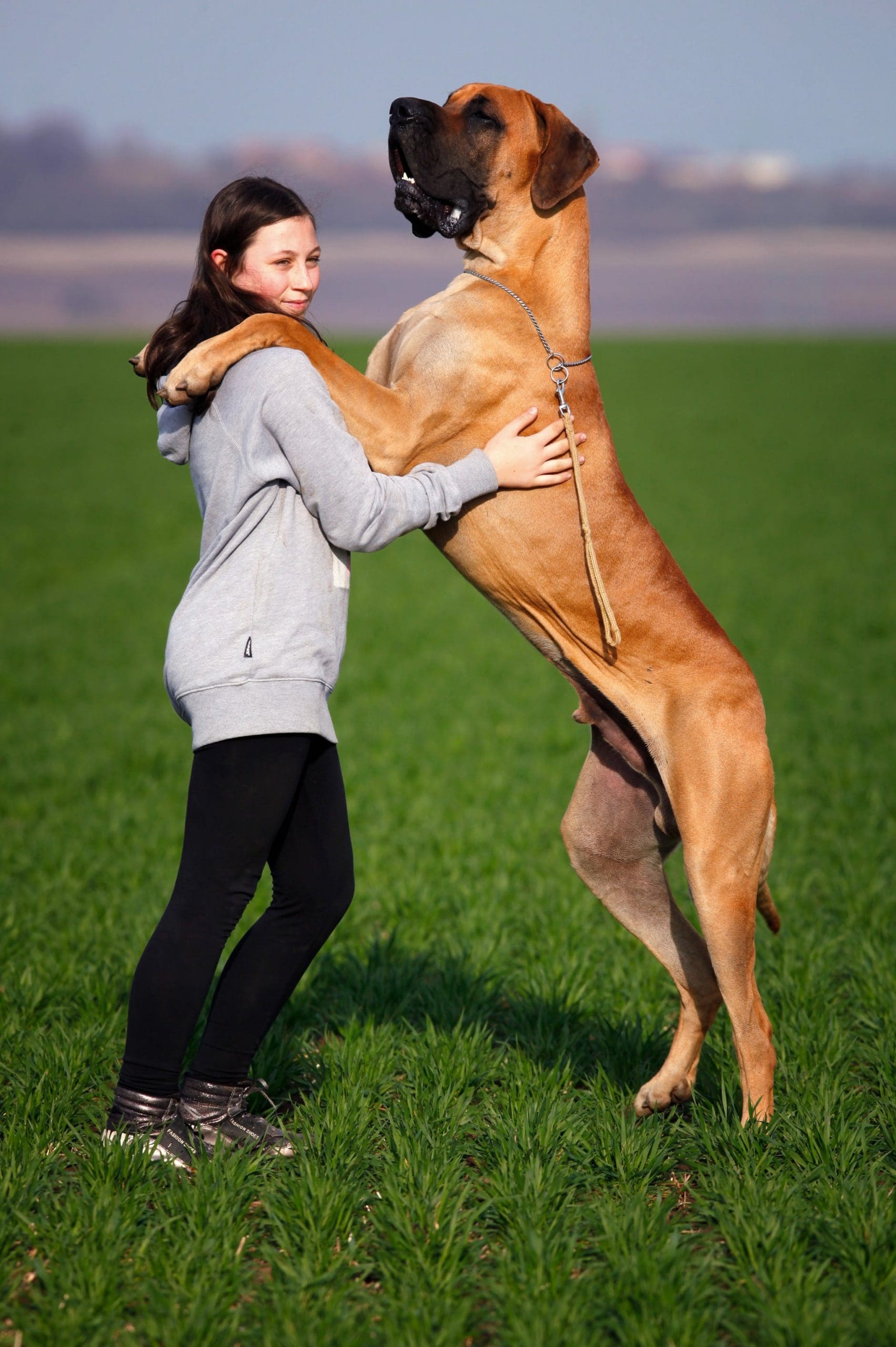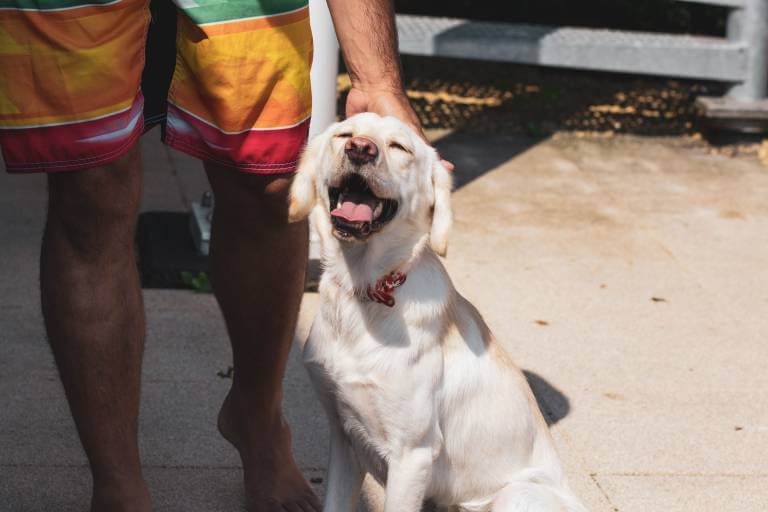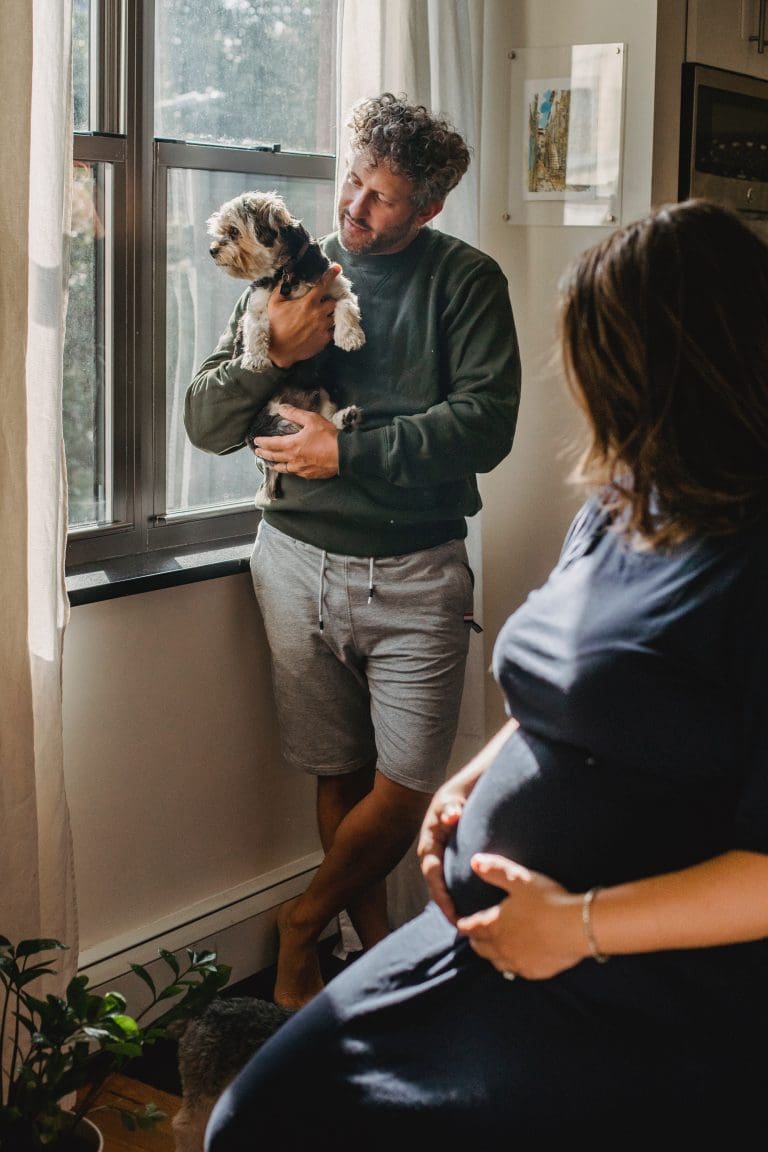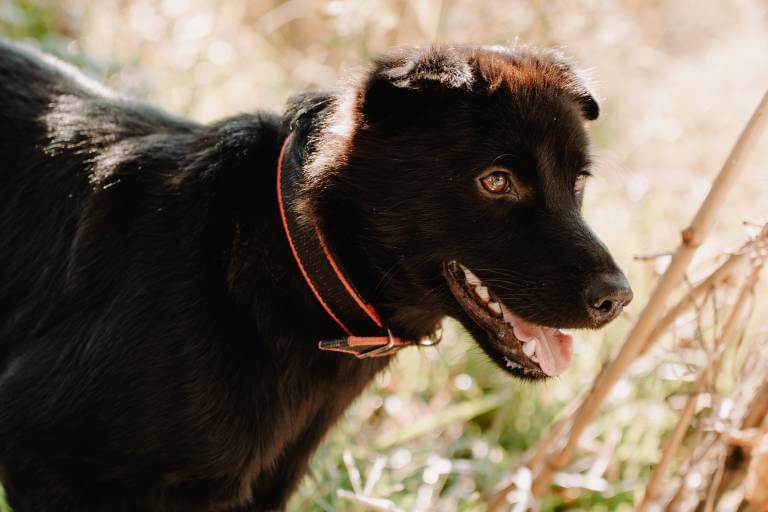My Dog Ate Cooked Bacon What Should I Do?
Post Date:
December 10, 2024
(Date Last Modified: December 10, 2024)
Discovering that your dog has eaten cooked bacon can be unsettling. While many dog owners enjoy sharing food with their furry companions, bacon presents certain health risks. Understanding what to do in this situation can help you respond effectively.
Why Bacon Can Be Problematic
Bacon is high in fat and salt, which can lead to gastrointestinal upset, including vomiting and diarrhea. In more severe cases, consuming a large amount of fatty food can cause pancreatitis, an inflammation of the pancreas that can result in significant health complications.
Assessing the Situation
After your dog has eaten bacon, evaluate how much they consumed and their behavior. Smaller dogs are at greater risk if they eat a significant amount, while larger dogs may better tolerate small quantities. Monitor for any signs of distress, such as excessive drooling, lethargy, or abdominal pain.
Monitoring Your Dog
If your dog seems fine after eating bacon, remain calm and keep a close watch for a few hours. Look out for any changes in behavior or signs of gastrointestinal distress. If vomiting or diarrhea occurs, take action promptly.
Seeking Professional Help
If your dog shows signs of discomfort or if you’re unsure about the amount they consumed, reach out to your veterinarian. Provide details about your dog’s size, breed, age, and any existing health issues. This information will help the veterinarian assess the situation accurately.
In some cases, the vet may recommend bringing your dog in for an examination. Inducing vomiting might be suggested if the bacon was eaten recently and your dog isn’t displaying severe symptoms. This step can help prevent further absorption of fat and salt. Always follow the veterinarian’s advice in these situations.
Rethinking Treats
Even if your dog appears fine, it’s a good moment to reconsider their diet. Cooked bacon isn’t toxic to dogs, but it isn’t a healthy option. Explore dog treats specifically designed for canine health. Numerous delicious and safe alternatives can keep your dog happy without the risks associated with human food.
Long-Term Dietary Considerations
If you have concerns about the impact of fatty foods on your dog’s health, consult your veterinarian about their diet. They can recommend a balanced nutrition plan that meets your dog’s needs while avoiding high-fat foods. Prioritizing your dog’s nutrition ensures their well-being.
Preventative Measures
To prevent future incidents, take precautions to secure food. Store items in cabinets, keep counters clear, and be aware of your dog’s movements while cooking. Training your dog to stay away from food during mealtime can also be effective. Positive reinforcement can help instill appropriate behaviors.
Staying Calm in Emergencies
Accidents happen, and dogs are skilled at finding food. If your dog consumes something they shouldn’t, remain calm. By responding appropriately and knowing the right steps to take, you can support your pet’s health. Keep contact information for your veterinarian and a pet poison control hotline readily available for emergencies.
Understanding the risks of certain human foods is vital for dog owners. While cooked bacon may seem innocuous, it can lead to health issues if consumed excessively. Opt for safer alternatives to maintain your dog’s health and happiness.






